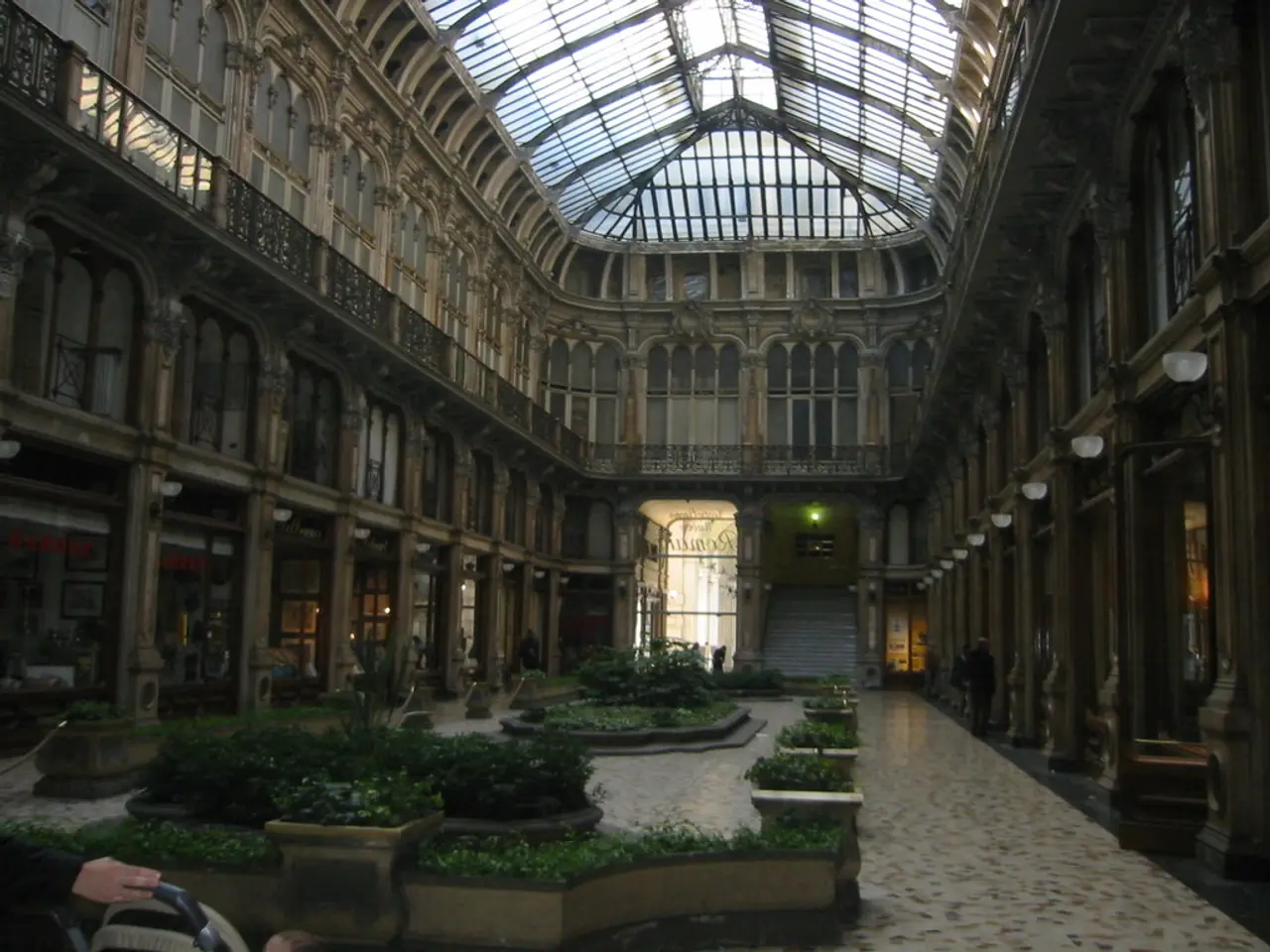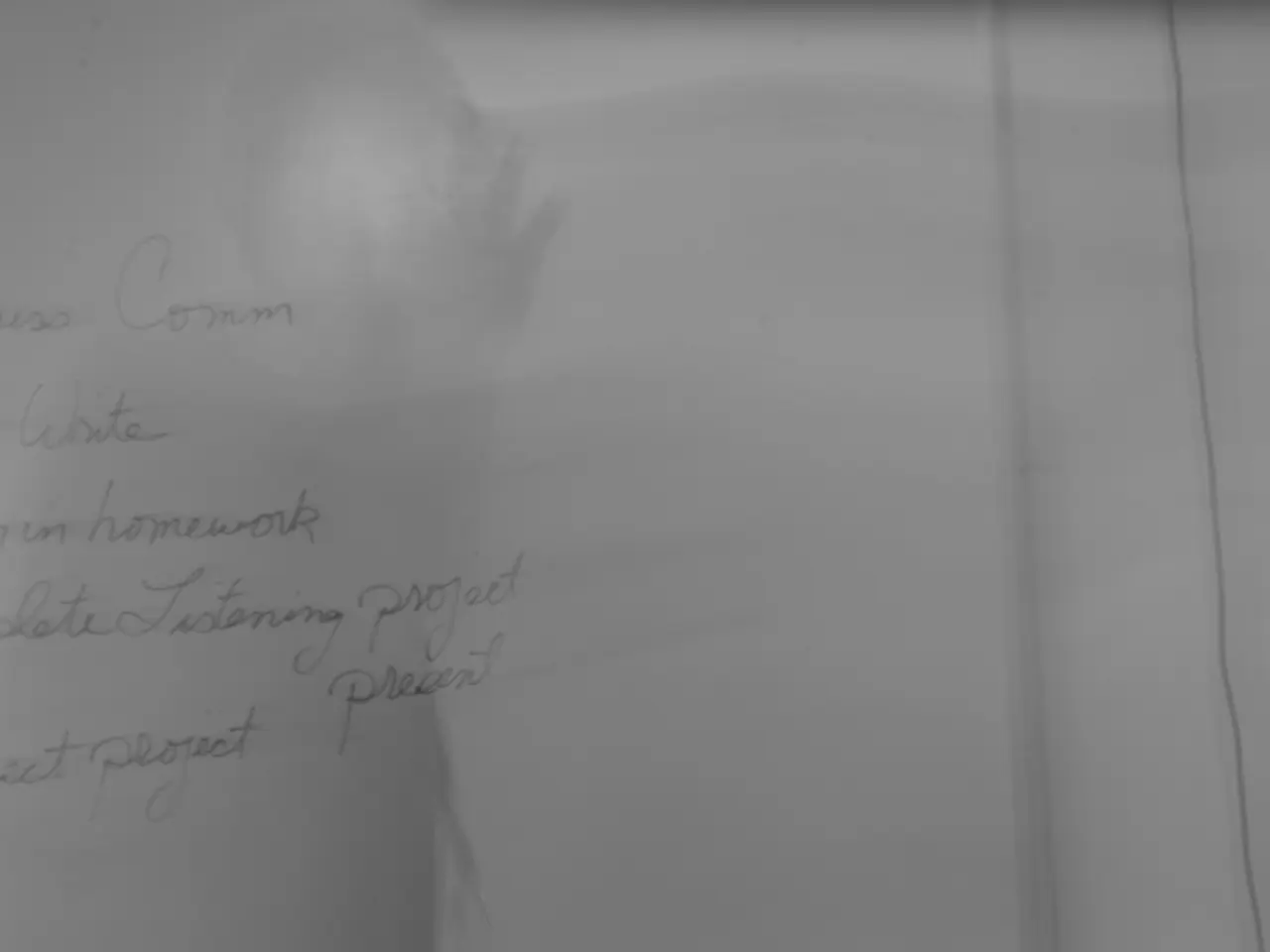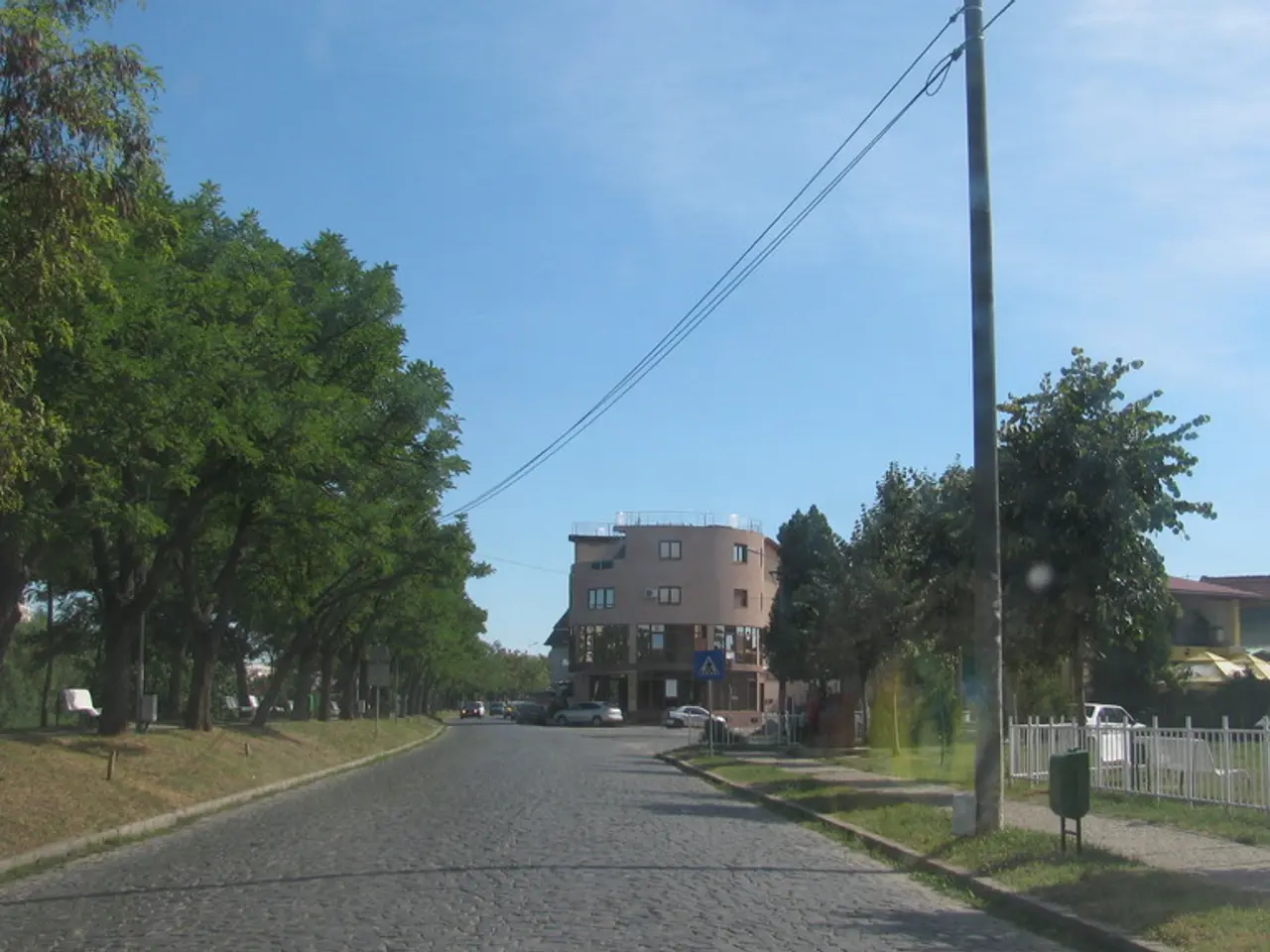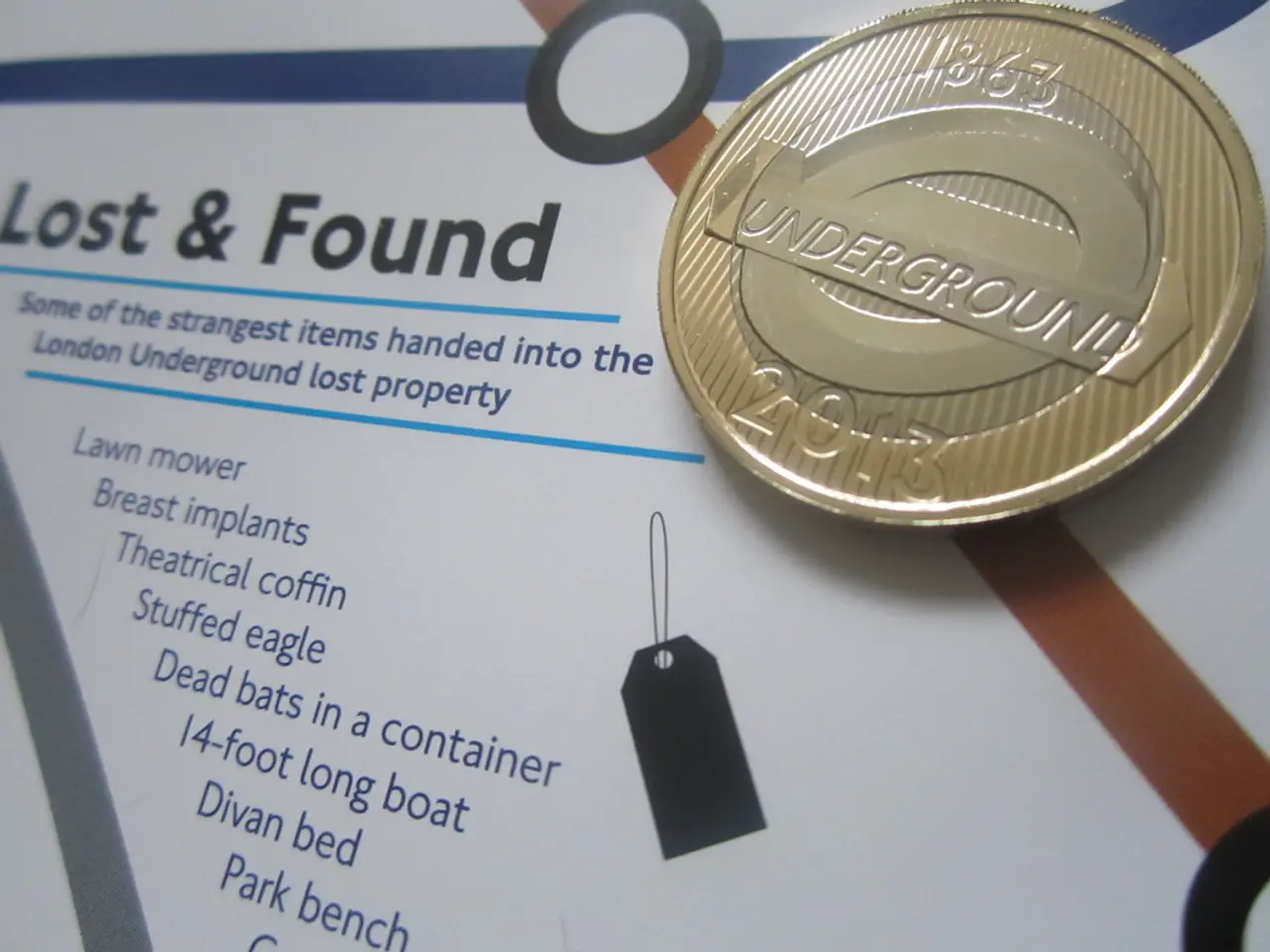Solar-powered Yoruba king's palace aims for community electricity
The Olowu of Owu Kingdom's Solar-Powered Palace and Cowry Token System
The Olowu of Owu Kingdom, Oba Professor Saka Adelola Matemilola, has made history by powering his palace with a 50kVA solar energy system, making it the first solar-powered palace in Nigeria [1][2][3][4]. This initiative reflects the Olowu's commitment to environmental conservation and renewable energy, aiming to reduce reliance on polluting fossil fuels and avoid routine power grid failures.
The palace consumes about 25-40kVA depending on occupancy, with excess capacity used to charge batteries overnight. The Olowu intends to use surplus solar power to electrify community infrastructure, including street lighting and community services, promoting community ownership and improved governance through transparency and infrastructure-first development [2].
The solar-powered palace stands as a symbol of green leadership and a new developmental model, showcasing how renewable energy innovation can drive social welfare and community development in Africa [5].
In addition to the solar-powered palace, the Olowu is developing a 3D-printed cowry token system for a meal-a-day program for over 5,000 school children [6]. The cowry system is designed to reduce leakage in traditional cash transfers for school feeding programs.
The value and authenticity of each cowry token will be verified through a cloud-based system. The cowry system will work like a sophisticated gift card network, allowing school children to take their personalised cowries to approved vendors for a meal [7].
The Olowu views the cowry system as a way to reduce the kingdom's carbon footprint, take pressure off the grid, and empower the community. The economics of the solar system make it financially sustainable as the excess power generated can be used to power the community [8].
The Olowu believes that the cowry system represents institutional leadership in an era of institutional failure, as it builds infrastructure first, designs transparency from the start, and scales through community ownership [9]. The cultural significance of cowries in Yorubaland is being revived through the cowry token system as a way of educating children about their cultural heritage [10].
While there is no clear available information on how cowry tokens are linked to welfare distribution in Owu Kingdom from current data, traditional African systems like cowries have historically been used as tokens or currency in local welfare or communal economies. As more information becomes available, we will update this report.
In summary:
- Solar-Powered Palace: Entirely powered by 50kVA solar with battery storage, reducing fossil fuel use and ensuring reliable power [1][2].
- Community Impact: Plans to extend electrification to the community, improve infrastructure, and promote transparent governance [2].
- Symbolic Impact: Represents green leadership and a scalable model of governance and welfare delivery in Africa [5].
- Cowry Token System: A 3D-printed cowry token system for a meal-a-day program for over 5,000 school children [6]. The system aims to reduce leakage in traditional cash transfers for school feeding programs [7]. The value and authenticity of each token will be verified through a cloud-based system [7]. The cowry system will work like a sophisticated gift card network, allowing school children to take their personalised cowries to approved vendors for a meal [7].
If you want, I can keep monitoring for more detailed info on the welfare token system as it becomes public.
- The Olowu's commitment to innovation extends beyond the solar-powered palace, as he is developing a 3D-printed cowry token system for a meal-a-day program, leveraging technology to reduce leakage in traditional cash transfers.
- The Olowu's cowry token system is designed to not only provide meals for over 5,000 school children but also to empower the community by verifying each token's value and authenticity through a cloud-based system.
- The Olowu's Solar-Powered Palace and the Cowry Token System are both prime examples of how technology can be harnessed to improve lifestyle, promote sustainability, and drive social welfare in Africa, particularly in the realm of sports through improved community infrastructure.




